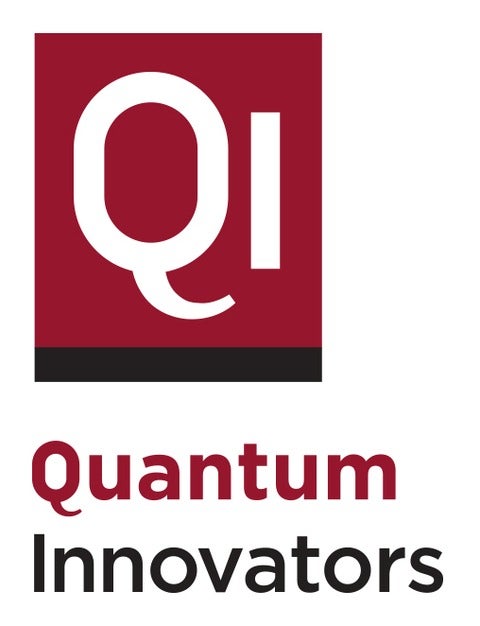RAC1 Journal Club/Seminar Series
Academic Writing Workshop #4
Elisabeth van Stam (UW Writing and Communication Centre)
Join us for our last session in the clarity in scientific writing series. During this session, we will apply the principles you have learned in order to improve the clarity and cohesion of your own writing. Please bring a sample of your writing (1-2 pages, double spaced), and be prepared to read, discuss, and revise!
